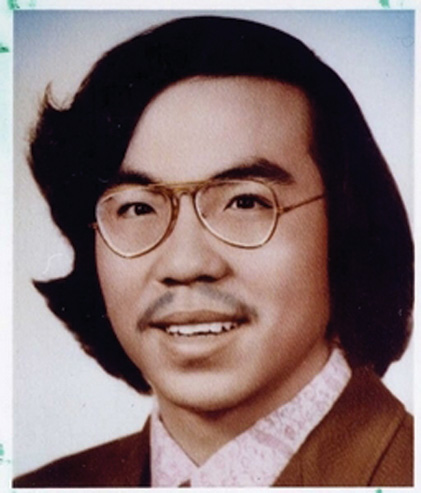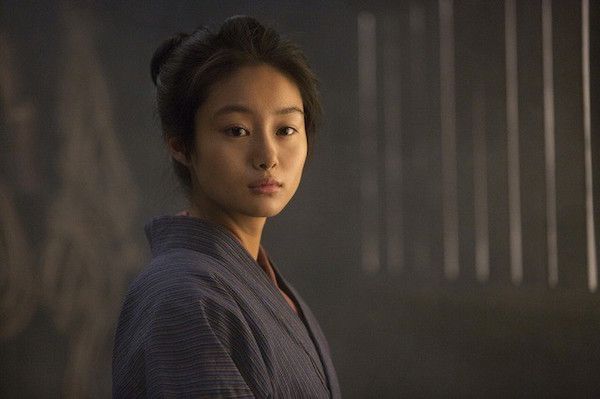In 1982, in Detroit, Michigan, 27-year-old Chinese American Vincent Chin had just stopped at a McDonald’s on his way home from his bachelor party when two men brutally beat him with a baseball bat, cracking open his skull. He died four days later. Two Chrysler employees with a special resentment toward Japanese automakers had singled Chin out for looking like the Japanese engineers who were putting them “out of work.”
The murder of Vincent Chin predated American hate crime laws on minimum sentences. Chin’s killers were let go with little more than slaps on their wrists: probation and fines. The Asian American community was outraged; the news of the perpetrators’ acquittal sparked marches and rallies across the nation. This week marks the 35th anniversary of Chin’s death and legacy.
The story of the civil rights movement in America is one that is often told in terms of black and white, with little mention of the journeys of Asians and Pacific Islanders. The Vincent Chin case was one of the most high-profile cases of anti-Asian sentiments at the time.
Chin’s death and the overwhelming outrage that followed made the AAPI community realize that any one of them could have been Vincent Chin — injustice for one was injustice for all.
In commemoration of the 35th anniversary of Vincent Chin’s death, Asian American Advancing Justice (AAAJ) interviewed Asian Americans involved with and familiar with the case for their thoughts on the legacy of the incident that united the Asian American community. Here’s what they had to say:
On the lessons to be learned from the Vincent Chin case:
“I think the bottom line is that we as Asian Americans have to realize that we could be victims at any point, any time, any place — it’s kind of unpredictable, but there is an underlying anti-Asian animus that is present in society. Whether it’s Highland Park, Detroit or Raleigh, North Carolina involving Jim Ming Lai Loo or Srinivas Kuchibhotla in Olathe, Kansas that, you know, there is always a risk because anti-Asian bias rears its head. It has not abated. It continues to be an issue.”
–Roland Hwang, Asian American Center for Justice vice president
On the legacy the case left behind:
“I think the legacy is more about the activists than about Vincent. Vincent was just a person going out to celebrate his upcoming wedding. He was just living his life — he wasn’t trying to make a political statement at that point. He was in the wrong place at the wrong time. It’s hard for me to say what is the legacy for him, it’s sad that he died, and lives were ruined, but the legacy of the Vincent Chin murder is about the activism and the people that stood up for him when he couldn’t stand up for himself and people who tried to get justice for him. I feel like for me, those are the people I remember with the Vincent Chin case.”
–Curtis Chin, Detroit filmmaker
On which lessons from the Vincent Chin case are relevant today:
“Today Asian Americans are an emerging social force, not only by our growing numbers, but because of the role we play in the paradigm of race in an increasingly polarized nation. On the one hand, we endure the marker of race. We can’t avoid it, we’re marked as different, the other.
“But Asian Americans also benefit from racial privilege and the myth of the model minority, vis a vis African American and Latinx communities. Many Asian Americans, including new immigrants, do not know the history of racism in the U.S. and how intertwined we are with the legacy of racism towards other groups. Any flashpoint issue today, such as deportations, threats to civil liberties, as well as racial violence — resonate in the Asian American story.
“The black movement for equality changed the lives of Asian Americans … The fact that Vincent’s killers, Ron Ebens and Mike Nitz, were charged under federal hate crime laws is because of that movement for equality, fought by African Americans and people of color.
“So the Vincent Chin story is a part of that legacy. We can never forget.”
–Renee Tajima-Pena, director and producer of “Who Killed Vincent Chin?”
Although 35 years have passed since Vincent Chin’s tragic death and the miscarriage of justice that surrounded his case, the Asian American community’s work is far from over.
The world is becoming more globalized. Economic troubles at home and abroad can fuel xenophobic anxieties. The conversation surrounding immigration has been propelled to the front of everyone’s minds. Tensions between police and the communities they serve are growing. As populations become more diverse it becomes increasingly important to address issues of inequality across all minority communities and protect the rights of all citizens, regardless of race, gender, ability, religion, class or sexual orientation.







